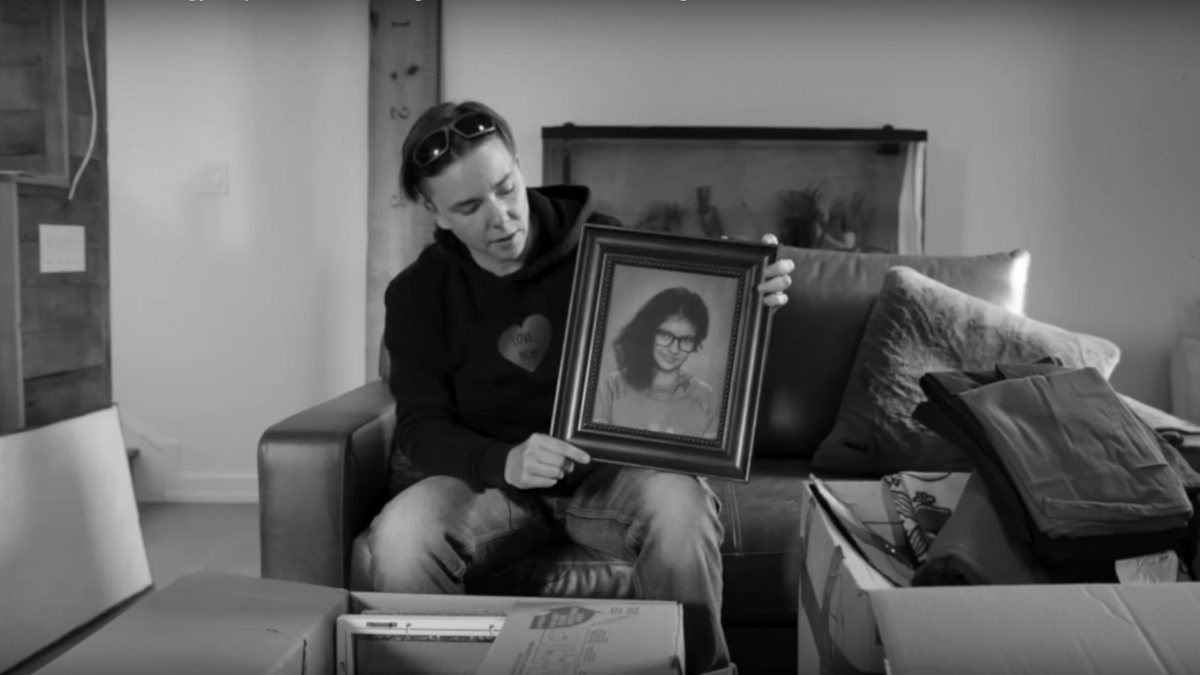
Jeanette Cooper, a mom in Chicago, has missed her daughter’s 13th, 14th, and 15th birthdays. She doesn’t get to be there as her daughter is learning to drive. In fact, she has only seen Sophia for eight and a half hours in the last three years. That’s because Cooper lost custody of her daughter after refusing to go along with Sophia’s belief that she is transgender.
When Sophia was 12, Cooper went to pick her up from a custodial visit at her father’s house, but her daughter refused to come home. Cooper learned that Sophia, whom the mother said had always come across as more feminine than Cooper, now identified as transgender and felt “unsafe” around her mom.
In a video interview with Kelsey Bolar for the Independent Women’s Forum, Cooper said the court did a seven-month investigation. “When they temporarily kept her with her dad for a period, I was fine with that. I thought that’s what they should do. That’s the responsibility of the court to investigate if a child is saying that they feel unsafe,” Cooper said.
But Cooper wouldn’t lie and say her daughter was not a girl. “They want me to have a certain understanding that there is such a thing as a child who is born transgender, and this is who they are,” Cooper said, as noted in an article Bolar wrote telling her story. “I do not believe that to be true. I will not lie to the court. I will not state otherwise. I believe too strongly in my oath to tell the truth. My child is a girl, and I won’t lie to her or anyone else. I think that’s good parenting.”
According to the article, Cooper signed a new parenting agreement in which she gave up time with Sophia. “I suppose I agreed to it,” Cooper said. “I’m not sure I had any choice.” According to Bolar’s article, “In return for giving up her ability to spend time with her daughter, Jeannette negotiated for a legal commitment that Sophia will not medically transition without a court order or Jeannette’s written permission. She also retained the ability to contact Sophia by postal mail.”
“People who are imprisoned have more communication with their child than I do,” Cooper said. “That’s wrong.” Even with almost no contact with her daughter, Cooper said she is still parenting.
“I see that my child is at sea in a boat,” Cooper said. “She is struggling. She is in tumultuous seas. I know that. I have seen that. And what I have been told is to follow her lead, to follow her in this journey. I am not willing to do that. I don’t think that is good parenting. It’s my responsibility not to hook my boat to hers. It is my responsibility to be a lighthouse, to be something stable that she can see, some guide that she has, that will always be there, that is consistent.”
Cooper is not alone. Parents across the country have faced custody battles after refusing to go along with a child’s belief that they are transgender.
“I am sad to say that this could happen to anyone,” Cooper said.









